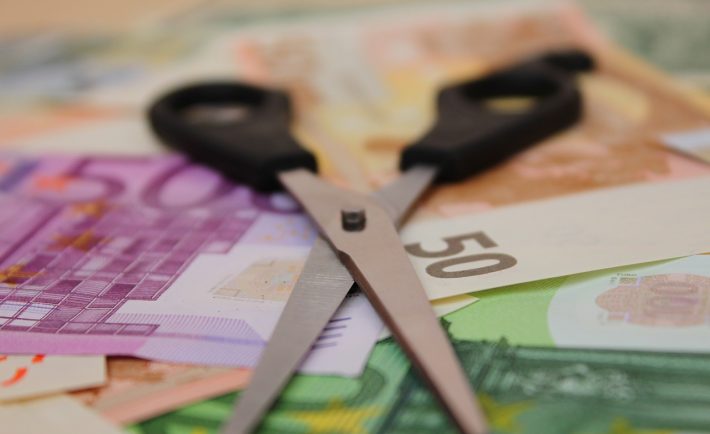With non-essential establishments on closure and the economic crisis we are under, how can you employ a system to arrange your cash-flow better? The answer is strict BUDGETING.
A budget estimates your revenue and expenses over a period of time. By listing your sources of income beside your monthly expenditures, you will get an idea on where your money goes. This way, you can make smart financial choices and prioritize your obligations to reach your financial goals.
Creating a budget for the first time is like learning how to ride a bike. At first you are scared to ride the bike without training wheels. Eventually, you will be able to ride a bike on your own without qualms. Although you know cycling is healthy for you, you cannot just ride and go! You must learn about the basics of coordination and road safety. Creating a budget during a pandemic involves steps too. Here are the vital steps to create a working budget:
1. COLLECT YOUR DATA
Gather all the previous salary invoices, credit card statements, utility bills, bank statements, and receipts. Estimate how much you make and spend each month by using these necessary resources. Take note of the changes in the expenses due to the Circuit Breaker (CB) period and allow yourself to incorporate Government allowances too.
Start your budget by calculating your revenue since the CB. Add all your sources of income both from your part-time and full-time jobs (if any). Use your minimum monthly wage as a basis for your budget.
2. SET YOUR GOALS
Set S.M.A.R.T. goals and examine how you will be able to achieve each one. This acronym stands for Specific, Measurable, Attainable, Realistic, and Timely. I want to highlight that you must not make unrealistic and unattainable goals at this time. After satisfying S-R goals, you must budget according to your time-frame. List all your financial goals and divide them into short-term and long-term goals.
For goals to be specific and measurable, you must quantify what you want. For example, your goal is to increase the number of clients that will view your website. You may allot money to Facebook promotion or to hire a freelancer that will create your web design. I suggest that you focus on Marketing as it is more feasible given the limited physical movements that you can make during CB.
3. IDENTIFY YOUR FIXED EXPENSES
For many of us, lessors have postponed the payment of the April rent. You can only imagine the increase in your utility bills as you are mainly staying at home. These essential expenditures are called fixed expenses. Come May, you are looking at a wider range of fixed expenses.
Fixed expenses include rent, utility bill, and insurance. As they are stable each month, allocate a portion of your income to this category first.
4. ALLOT MONEY FOR EMERGENCIES
There should always be a budget for savings, especially for your emergency fund. Savings are your gateway to long-term financial goals and your safeguard against unforeseen events such as COVID-19. Set aside at a certain percentage of your revenue each month to help build a nice nest for your future. I personally recommend at least 10% but you have to give a percentage that you can maintain for the months to come.
5. USE A CLEAR SYSTEM
Help yourself navigate through the waves of budgeting by keeping a money journal or by downloading a digital budgeting tool. Supplement your budget with a calculator that enables you to know your cash-flow. It is called the Budget Calculator.
Then, download free apps that enable you to track your spending. Some of these apps are Mint and Spendee.

Image Credits: unsplash.com
No one knows how long this pandemic will last. Hence, you must be frugal with your expenses and eliminate unnecessary luxuries. Moreover, you may look for other ways to expand your income!












